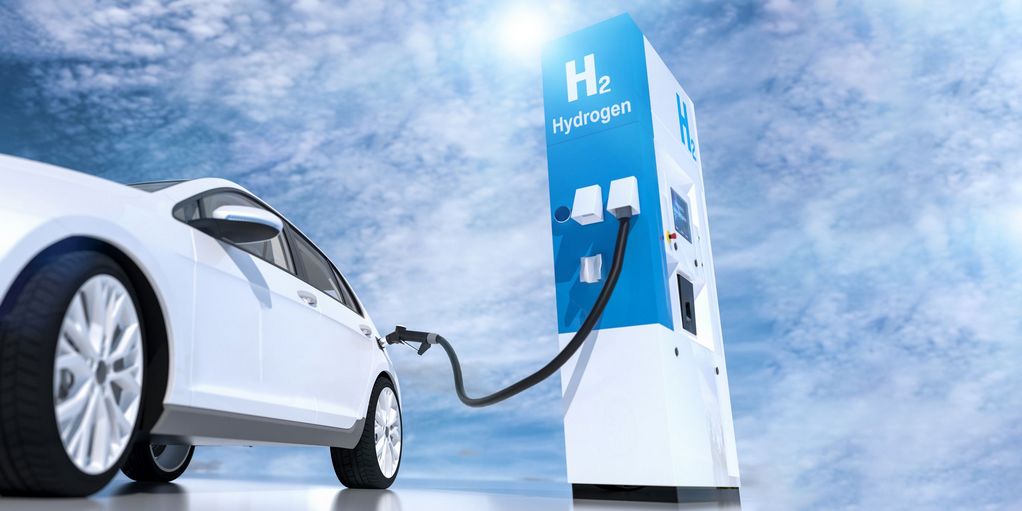In 2020, India successfully tested its first hydrogen fuel cell vehicle, developed by the Council for Scientific and Industrial Research (CSIR) and KPIT. The vehicle used a low-temperature PEM fuel cell and achieved a range of 250 km per kilogram of hydrogen. The Union Ministry for Road Transport and Highways, along with Toyota Kirloskar Motor and the ICAT, initiated India’s first hydrogen-powered Hydrogen fuel cell electric cars (FCEV) project in 2021. The project aims to test the Toyota Mirai, one of the most advanced FCEVs, on Indian roads and raise awareness about FCEV and hydrogen technology in India.
In 2023, Union Transport Minister Nitin Gadkari drove India’s first hydrogen-powered car to Parliament to emphasize the importance of transitioning to green and renewable energy sources. The government plans to produce green hydrogen using biomass and renewable energy to reduce India’s dependence on imports and fossil fuels. Additionally, Gadkari mentioned the government’s intention to launch hydrogen-powered buses from Delhi to Jaipur.
Hydrogen cars in India are not just a concept but a reality being tested and demonstrated by various stakeholders. With concerted efforts from the government, businesses, universities, and civil society, India has the potential to become a global leader in hydrogen car technology. Overcoming challenges related to cost, safety, standards, laws, policies, incentives, awareness, and collaboration will be crucial in realizing a future of clean and green mobility that benefits the environment, the economy, and society as a whole.
- Hydrogen fuel cell electric cars (FCEVs) can provide a clean and efficient alternative to conventional vehicles in India.
- FCEVs have benefits such as high efficiency, long range, quick refueling, and minimal noise.
- India has been promoting the use of electric cars (EVs) but faces challenges such as high cost and inadequate charging infrastructure.
- India successfully tested its first hydrogen fuel cell vehicle in 2020 and initiated its first hydrogen-powered FCEV project in 2021.
- The government aims to produce green hydrogen and launch hydrogen-powered buses from Delhi to Jaipur.
- Overcoming challenges related to cost, safety, standards, laws, policies, incentives, awareness, and collaboration is crucial for the widespread adoption of hydrogen cars in India.




Recent Posts
Scandlines Nears Delivery of Zero Emissions Ferry Following Successful Sea Trials
India faces emission roadblocks with rising net-zero demands
Green Energy Resources invests in two electric Liebherr LHM 550
NYK Launches Continuous Use of Bio LNG Fuel on Car Carriers to Advance Decarbonization Goals
Yang Ming Expands Fleet with Methanol and LNG Dual-Fuel Vessels Under Fleet Optimization Plan
ClassNK Advocates Speed Gap Monitoring to Optimize Fuel Efficiency in Heavy Weather
Wärtsilä’s retrofit package for the Corsica Linea ferry Pascal Paoli has resulted in fuel savings of up to 22 percent Corsica Linea
COSCO Shipping Names Second Methanol Dual-Fuel Containership in Yangzhou